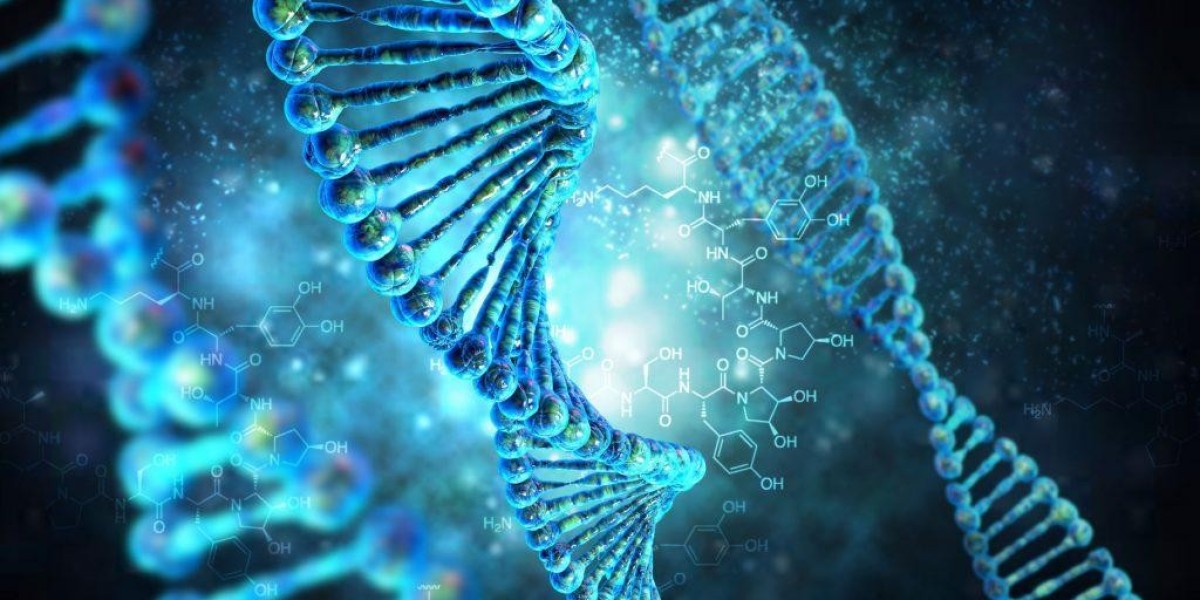The animal genetics market is emerging as a vital player in addressing global food security challenges by leveraging advanced genetic technologies to improve livestock productivity, resilience, and sustainability. With the world’s population expected to exceed 9 billion by 2050, the demand for meat, dairy, and other animal-derived products continues to rise, placing immense pressure on agricultural systems. Advanced genetics is revolutionizing animal breeding, ensuring efficient production and a reliable supply of high-quality animal products.
A major contribution of the animal genetics market to food security is its ability to enhance productivity through genomic selection. This technology uses DNA markers to identify animals with superior genetic traits, such as faster growth rates, higher milk yields, or improved feed conversion efficiency. By integrating genomic selection into breeding programs, farmers can achieve significant gains in productivity while reducing the resources required for livestock farming. For instance, dairy cows with optimized genetic profiles can produce more milk with fewer inputs, directly addressing the need for higher yields in a resource-constrained world.
Gene-editing technologies, such as CRISPR-Cas9, are further transforming livestock genetics by enabling precise alterations to DNA. These innovations are paving the way for livestock that are not only more productive but also more resilient to diseases and environmental stresses. For example, scientists have developed gene-edited pigs resistant to African swine fever and cattle with increased heat tolerance, ensuring stable production even in regions affected by climate change. These advancements reduce dependency on antibiotics and other medical interventions, promoting healthier livestock and safer food systems.
The animal genetics market also supports sustainability, a critical factor in ensuring long-term food security. Genetic advancements that improve feed efficiency reduce the amount of land, water, and feed required to produce meat or milk. Additionally, breeding programs focused on lowering methane emissions from ruminants are helping to mitigate the environmental impact of livestock farming. These sustainable practices align with global efforts to combat climate change while maintaining the capacity to feed a growing population.
Emerging technologies, such as big data analytics and artificial intelligence (AI), are amplifying the impact of genetic improvements. By analyzing vast datasets, AI tools can identify complex genetic patterns and optimize breeding strategies for specific environments and production goals. These innovations enable breeders to make informed decisions quickly, improving the scalability and efficiency of genetic advancements in livestock farming.
Collaboration among stakeholders, including governments, research institutions, and private companies, is essential to accelerating progress in animal genetics. Investments in research and development are ensuring that these technologies become accessible to farmers worldwide, fostering inclusive growth and equitable food distribution.
In conclusion, the animal genetics market is playing a transformative role in shaping the future of food security. By harnessing the power of advanced genetics, the industry is creating opportunities to meet global food demands sustainably and efficiently. As genetic technologies continue to evolve, they will provide innovative solutions to the challenges of feeding a growing population while protecting the planet's resources.



